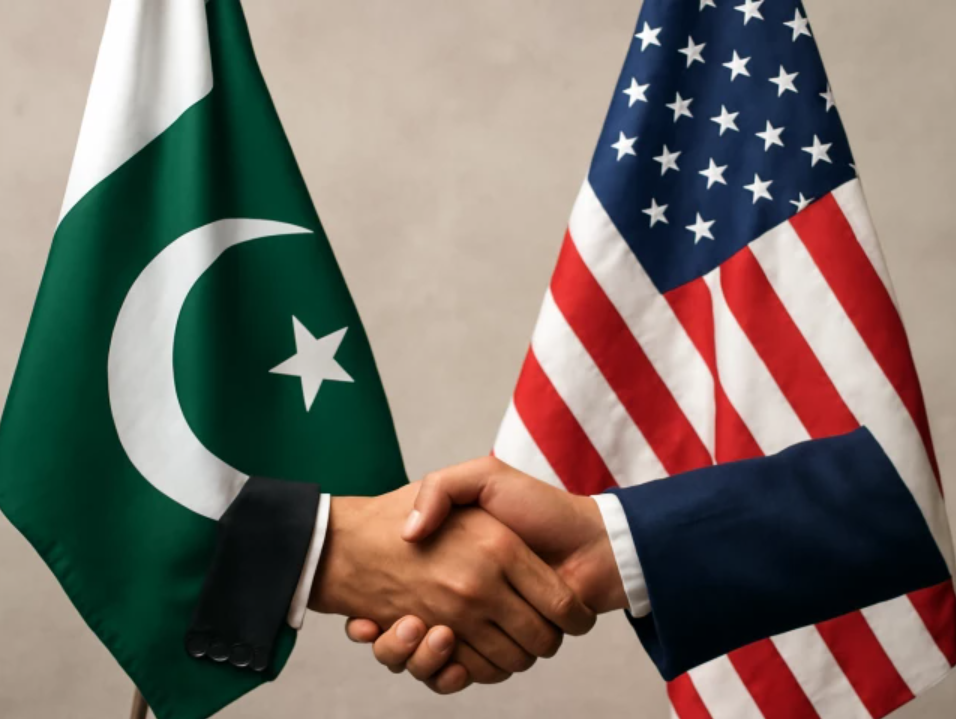Pakistan and the United States are on track to conclude trade negotiations next week, the finance ministry announced Wednesday following a meeting between Finance Minister Muhammad Aurangzeb and US Commerce Secretary Howard Lutnick.
The talks, centered on reciprocal tariffs, are part of efforts to reset economic ties amid shifting geopolitical dynamics. Pakistan aims to ease the impact of a 29% US tariff on its exports—imposed under President Donald Trump’s measures targeting countries with large trade surpluses. Pakistan’s surplus with the US stood at around $3 billion in 2024.
In a statement, the finance ministry said both sides expressed satisfaction with the progress and agreed to wrap up negotiations next week. Discussions also covered a broader strategic and investment partnership.
To address trade imbalances and mitigate tariff pressure, Pakistan has proposed increasing imports of US goods, including crude oil, and offering incentives for American firms to invest in its mining sector.
Earlier this week, Pakistan and the US co-hosted a webinar to promote investment in Pakistan’s mineral resources, including the $7 billion Reko Diq copper-gold project. Senior officials and US investors discussed public-private partnerships and regulatory reforms. The US Export-Import Bank is reviewing financing proposals between $500 million and $1 billion for Reko Diq.
The push for a trade deal comes against the backdrop of regional tensions. Trump, who hosted Pakistan’s Army Chief Field Marshal Asim Munir at the White House last week, has said economic cooperation helped avert deeper conflict between Pakistan and India. Following last month’s escalation—triggered by an attack in Indian Illegally Occupied Jammu and Kashmir that killed 26 people—Trump claimed US-mediated talks led both sides to agree to a ceasefire and focus on trade.
The violence saw India launch airstrikes across the border, which Pakistan said hit civilian areas. Pakistan responded with strikes on Indian military targets and drone operations over major Indian cities, including New Delhi.








